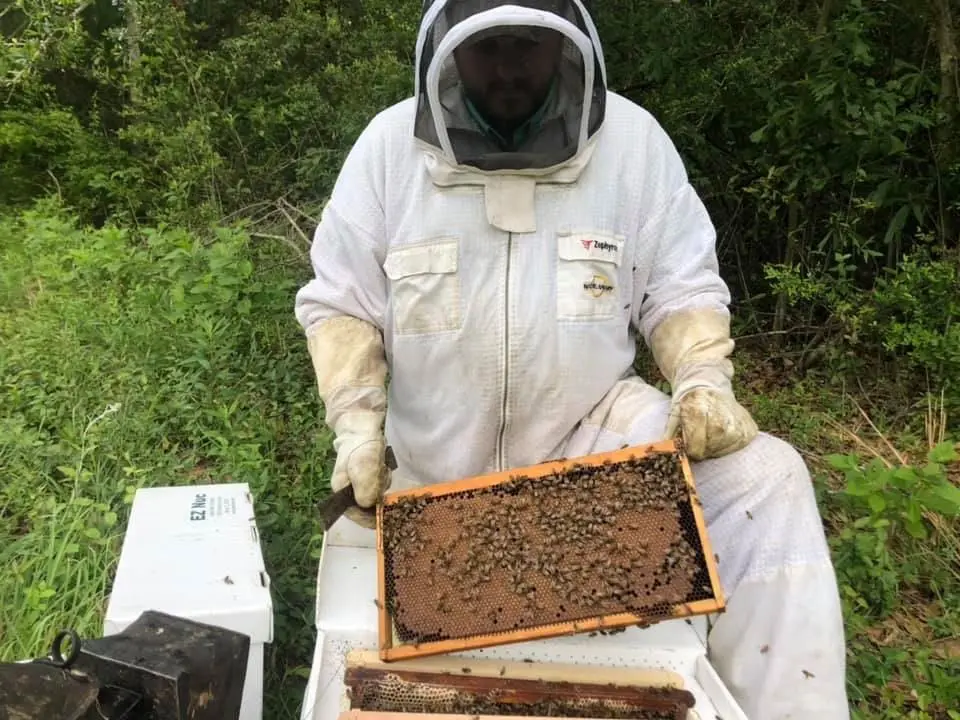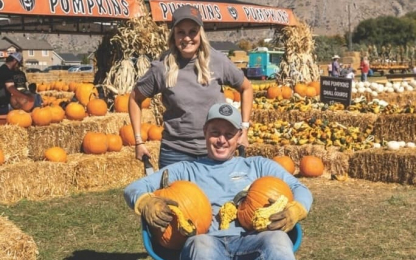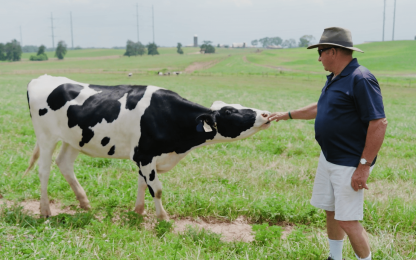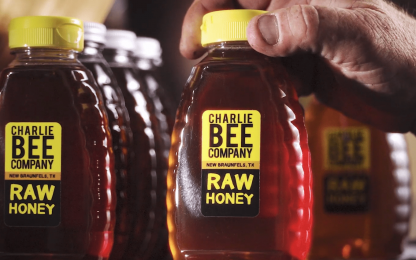Coy’s Honey Farm is a third-generation beekeeping operation seeking to ensure commodities across the nation are successfully pollinated.
Richard Coy is a third-generation beekeeper who manages Coy’s Honey Farm with the help of his brother and parents in Perkinston, Mississippi. Coy’s Honey Farm consists of 10,000 beehives, which travel throughout the year to various parts of the country.
Crucial to agriculture
Honeybees are crucial to the success of many agricultural commodities. “Honeybees are essential to the environment, and it has been said that one-third of everything that you eat is attributed to the pollination of honeybees,” Richard said.
Each year Coy’s Honey Farm ships beehives throughout Mississippi, California, South Dakota, North Dakota, and Montana to help pollinate multiple products. “Honeybees can actively pollinate a two-mile radius from where their location is,” Richard said.
Their bees help generate success for multiple commodities, like almond trees and seedless watermelons that require pollinators to reproduce.
A family legacy
Beekeeping is a family tradition starting with Richard’s grandfather. “My grandfather used to work for a beekeeper and convinced my dad to buy some bees instead of buying cattle,” Richard said.
His father established Coy’s Honey Farm as a part-time business in the 1960s, until his operation grew into a full-time operation in the 1980s. Growing up around his father’s hives made Richard develop a passion for the beekeeping industry.
“As I graduated high school and continued my first year into college, I realized beekeeping was my passion, and that’s what I wanted to do for the rest of my life,” Richard said.
When Richard’s brother joined the business, they began working with Farm Credit Mid-America to build Coy’s Honey Farm into what it is today.
A change in habitat
According to Richard, one of the biggest challenges of raising honey bees is finding habitats where bees can get healthy pollen and collect nectar to produce a honey crop. That’s why Coy’s Honey Farm moved from northeast Arkansas to southern Mississippi, where the habitat is more conducive for pollinators.
“During our move, Farm Credit stuck with us,” Richard said. “Farm Credit has been important to the business and allowing us to relocate to south Mississippi and continue the growth of what we love to do.”
With the help of Farm Credit Mid-America, Richard financed his home and built new complexes for their operation, including a honey extracting line that extracts half a million pounds of honey each year.
The next generation
Looking to the future, Richard looks forward to growing their farm with the changing needs of the agriculture industry and passing the reins on to his son, who would be the fourth generation involved in the family business.
“Agriculture will always need pollinators, and as long as the wild pollinators are disappearing, honeybees will become more needed,” Richard said.



